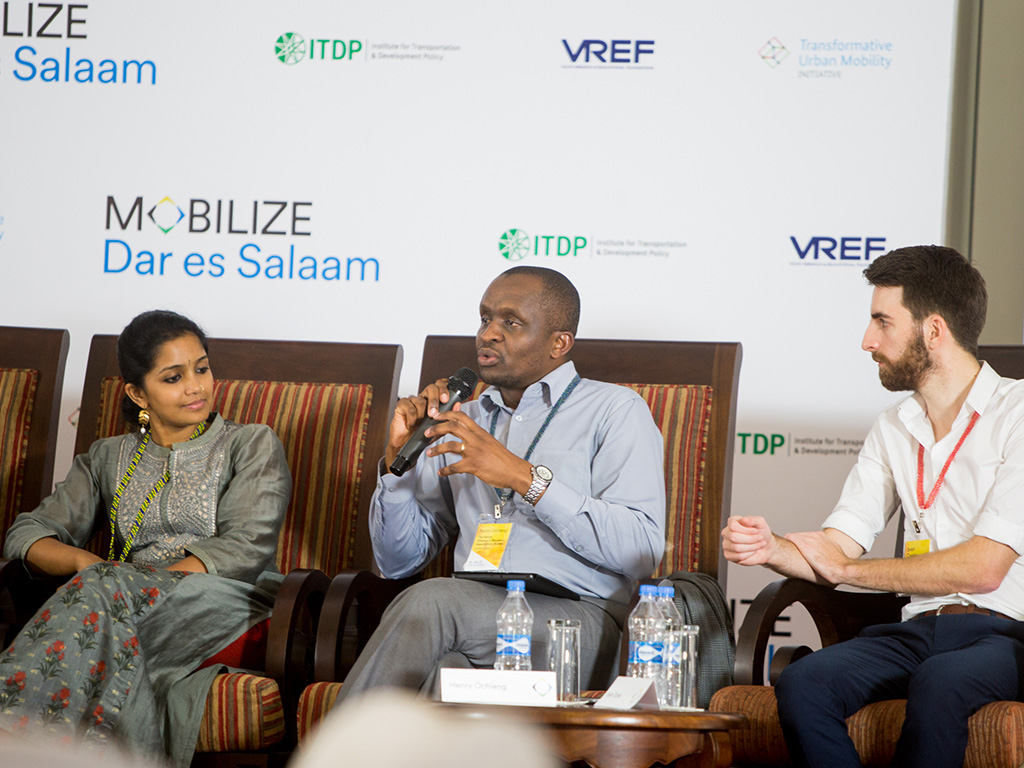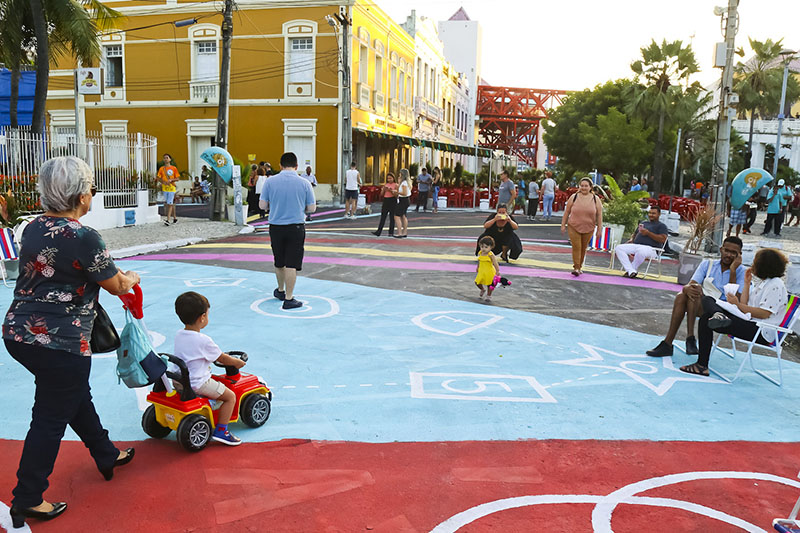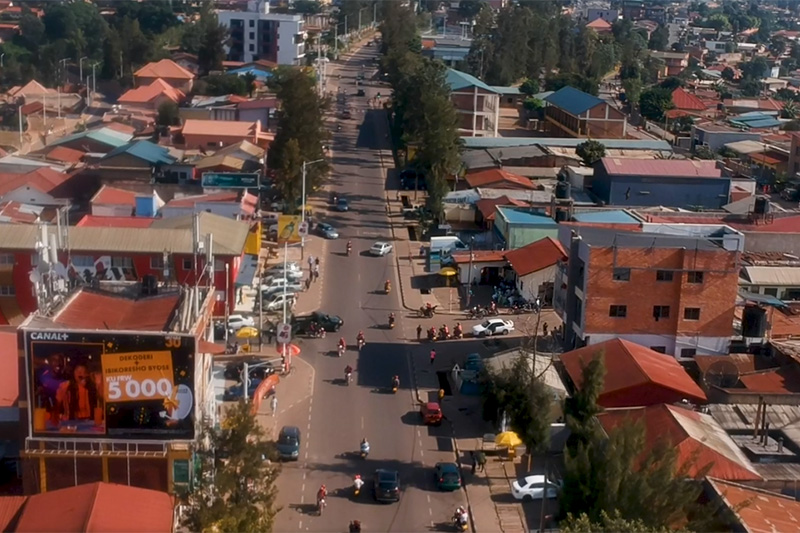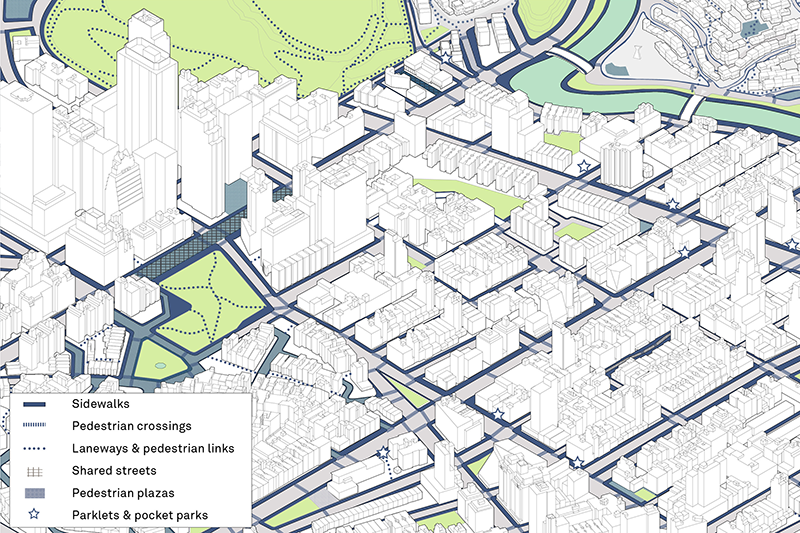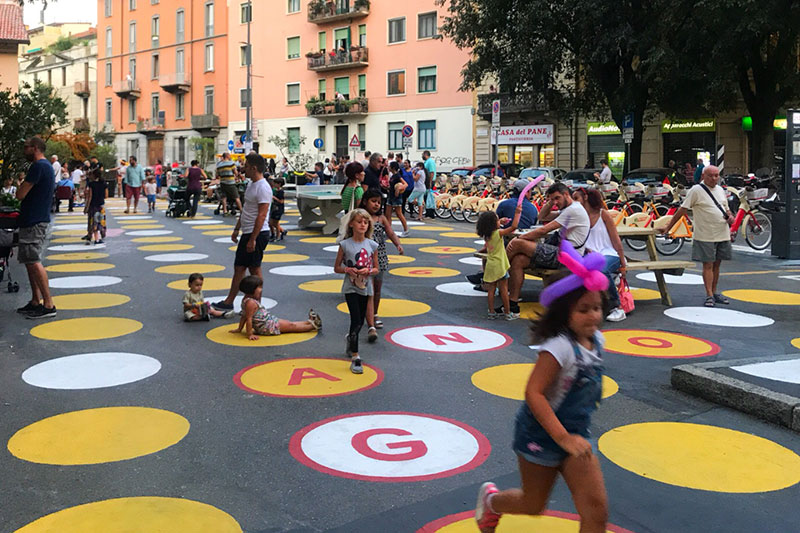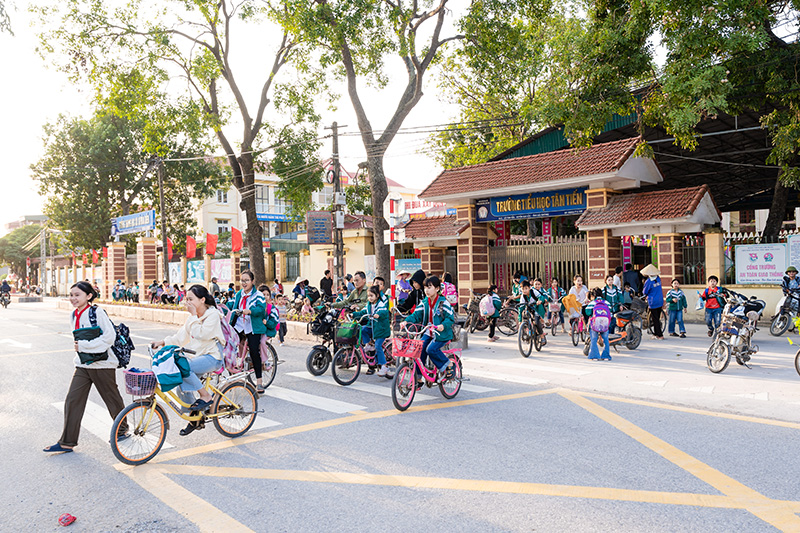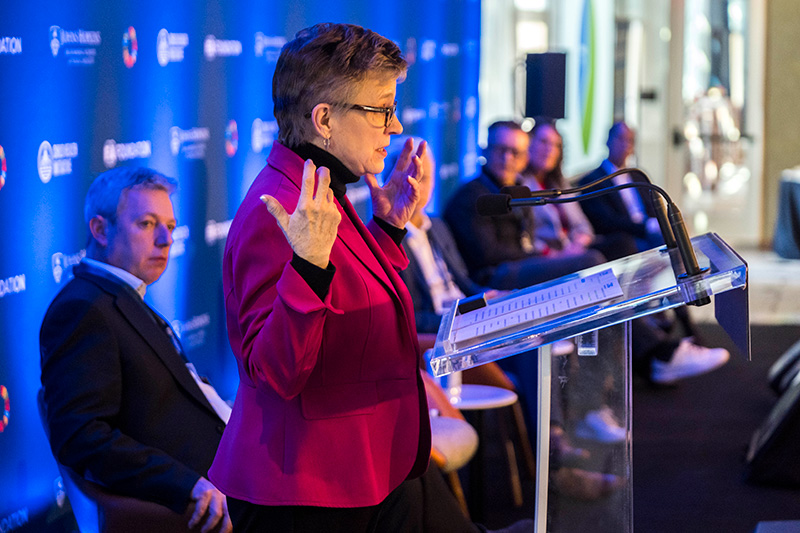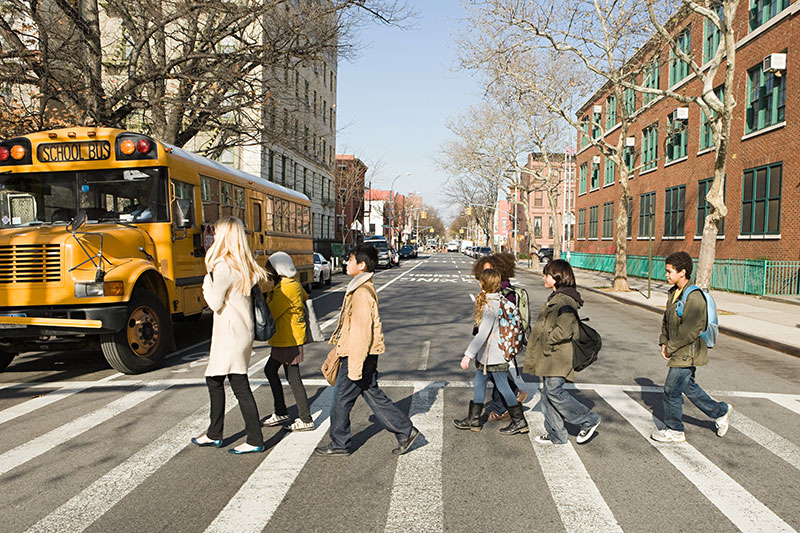‘Mobilize’ summit: Children should be at the heart of sustainable mobility
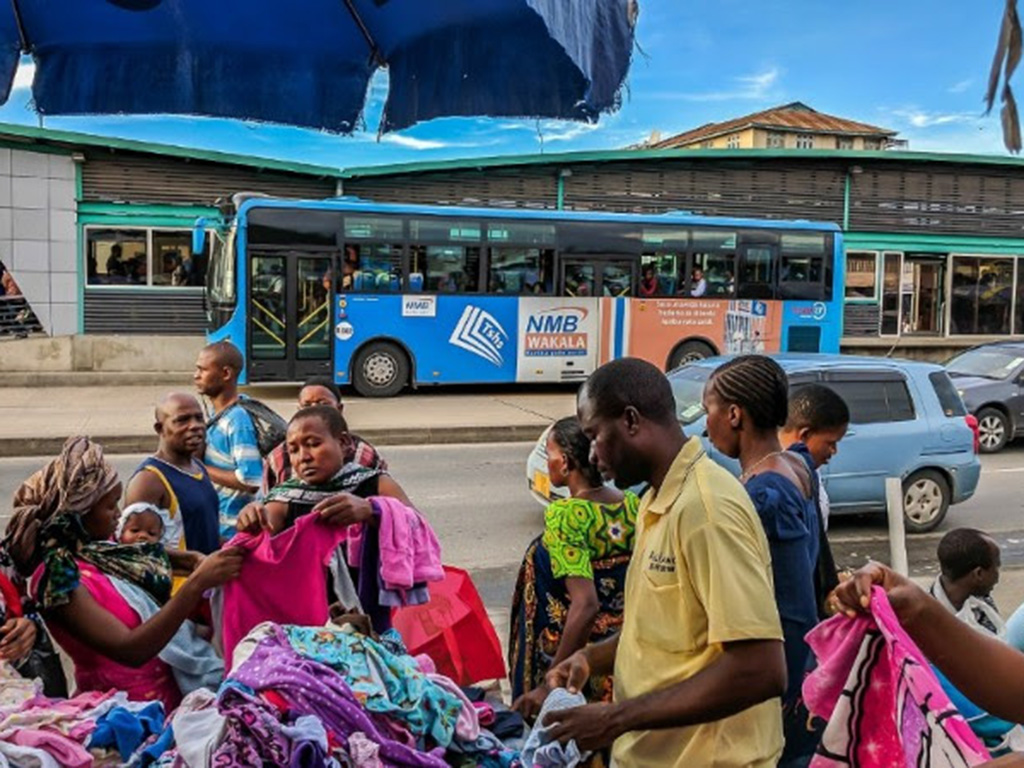
The third annual MOBILIZE Summit, the annual sustainable mobility gathering, took place in Dar es Salaam, Tanzania between 26-28 June 2017 and was organised by the Institute for Transportation and Development Policy (ITDP).
All over the world, rapid urbanization is forcing cities to face the realities of insufficient planning. These demands on city space and services often outpace the ability of planners to respond, resulting in poor mobility services.
Over three days, 230 participants from 31 countries and 61 cities came together to share diverse perspectives and learn from the mobility lessons offered by Dar es Salaam and discuss the theme of making space for mobility in booming cities - focusing on innovative solutions to respond and adapt. This year’s summit partners included the Volvo Research and Educational Foundations (VREF), the Transformative Urban Mobility Initiative and UN Environment.
One of the re-occurring themes throughout the three days was the impact that mobility decisions have on children and the urgent need for cities to prioritize the needs of children in their mobility planning and implementation.
On day one the Breathe Life global air quality campaign workshop highlighted the risks faced by children from traffic injury and physical inactivity – as a result of poor mobility decisions made by cities. The inclusive street design capacity building session demonstrated tools and focused on how to make transformations that are comfortable for vulnerable groups, including children. Finally, the Urban95: Mobility for young children session asked the audience the question: “If you could see the city from an elevation of 95cm, the average height of a healthy three year old, how would you plan transportation, neighbourhoods and a mix of activities differently?” Based on the Bernard van Leer Foundation’s Urban95 Starter Kit, participants explored where to start planning for young children and their caregivers to create healthy, prosperous and vibrant cities, and provide the best start in life for their youngest residents.
Day two saw the Urban Mobility for Child Health session focused on the good news - that street design interventions, along with speed limits and enforcement are already making a huge difference all around the world to child health. The session showcased interventions that have succeeded in improving the safety and quality of life for children, the elderly, and others. Including the Usalama Initiative in Kenya, the Amend school assessment initiative in Uganda and the work of the UN Environment Share the Road Programme which is supported by the FIA Foundation.
The plenary on day three ‘Advancing Inclusive City Design from Fringe to Mainstream’ focused on the key principle that cities centred on transit provide the greatest, most equitable access for everyone, at a greatly reduced cost to society. The session discussed best practices in designing inclusive transit systems to meet the needs of children and other vulnerable groups.
The focus on child health and mobility continued in the session on ‘making roads work for people’. Carly Koinange, The Global Programme Lead for the UN Environment and FIA Foundation Share the Road programme facilitated a session which focused on challenges and successes in cities around the world in using design and travel demand management strategies to better manage streets; highlighting that streets designed for children are great streets for everyone. Ms. Koinange said: “It is truly inspiring to see so much attention given to the needs of children. It is critical that cities around the world design mobility systems that meets the needs of our most vulnerable users including children, to curb road traffic fatalities and air pollution related health issue.”
In the Pecha Kucha session on tactics for booming cities, Sean Cooke, Doctoral Researcher from the University of Cape Town, presented on the UN Environment and FIA foundation Africa toolkit for child health and mobility, a one stop shop for government policy makers and planners on how to design safe streets for children
The session on women, access and equity highlighted that when neighbourhoods the right resources, the responsibility typically falls on women to take extra trips to get what their families need and presented options for more accessible cities, neighbourhoods, and transit hubs that benefit women and children.
The last day of Mobilize also saw ‘child friendly cities’ being chosen by participants for an extra session as participants wanted to continue the discussion on this important topic.
The high level of attention given to the needs of children at Mobilize is a priority much supported by the child health initiative which combines research, advocacy and evidence-based interventions to promote this vital child rights agenda.
Find out more:
Child Health Initiative
Toolkit for Child Health and Mobility in Africa
Mobilize Summit
Share the Road Programme
